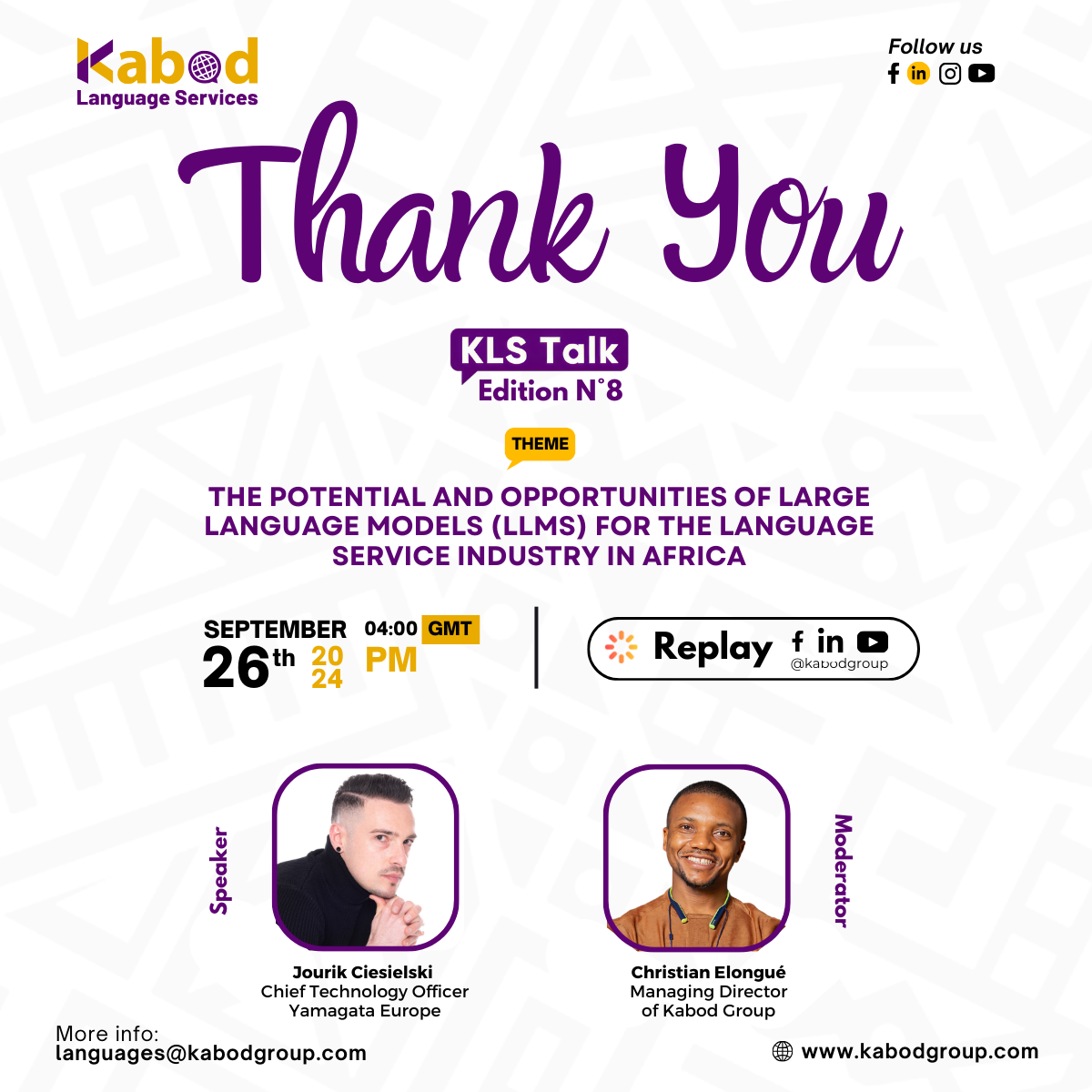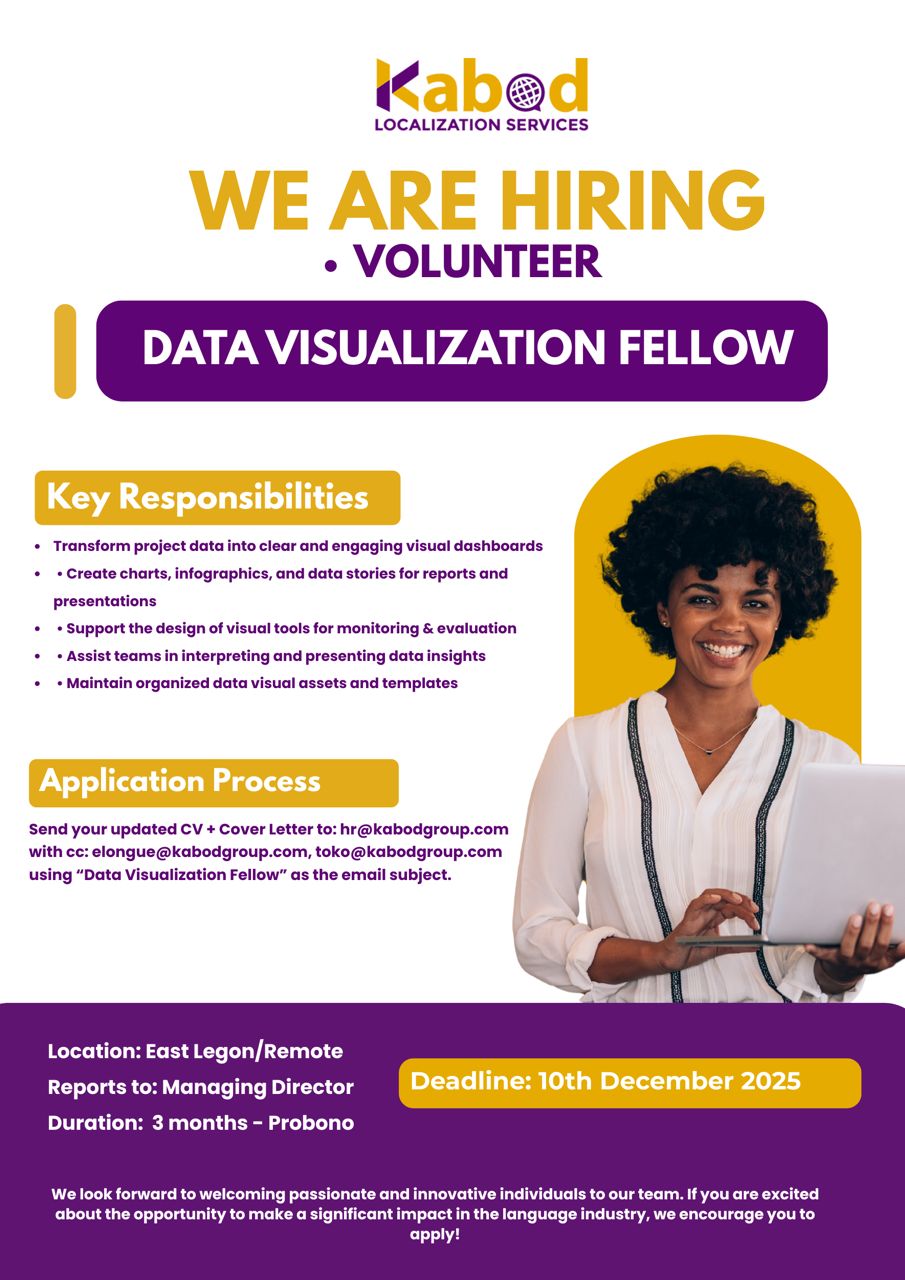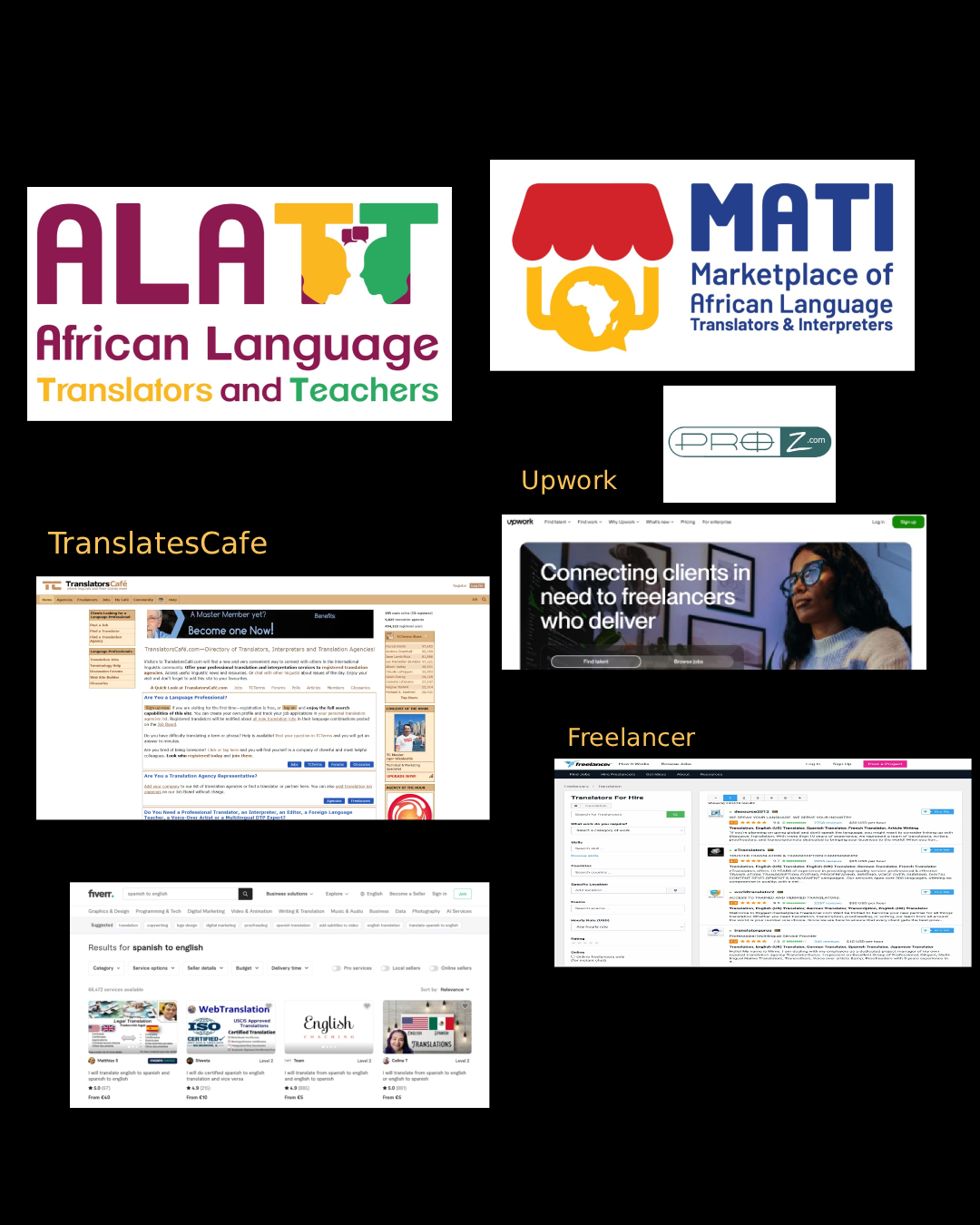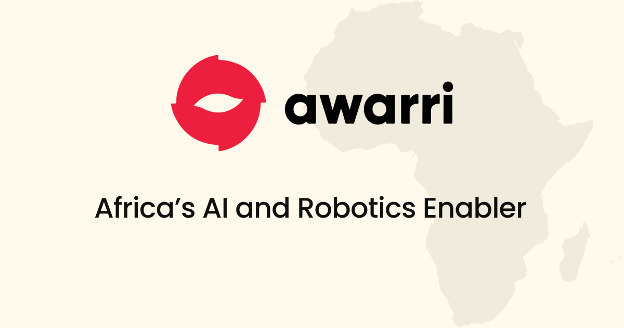During the recent KLS Talk, moderated by Christian Elongué, Managing Director of Kabod Group, Jourik Ciesielski presented on “The Potential and Opportunities of Large Language Models (LLMs) for the Language Service Industry in Africa.”
Below is a summary of key takeaways from the session:
1. Shift to LLMs in Localization
· Large Language Models (LLMs) are revolutionising localisation by learning from multiple inputs, including source texts, legacy translations, style guides, and glossaries.
· LLMs can respect specific human instructions, offering greater flexibility and precision in translation processes.
2. Obsolescence of Traditional MT Training
· The traditional method of training machine translation (MT) models is becoming outdated as LLMs offer fine-tuned solutions that adapt more effectively to translation needs.
3. Automated Quality Assurance (QA)
· LLMs provide opportunities to redefine QA processes. They can assess translations, set evaluation criteria, and generate quality scores or automated corrections, significantly reducing time spent on traditional QA methods.
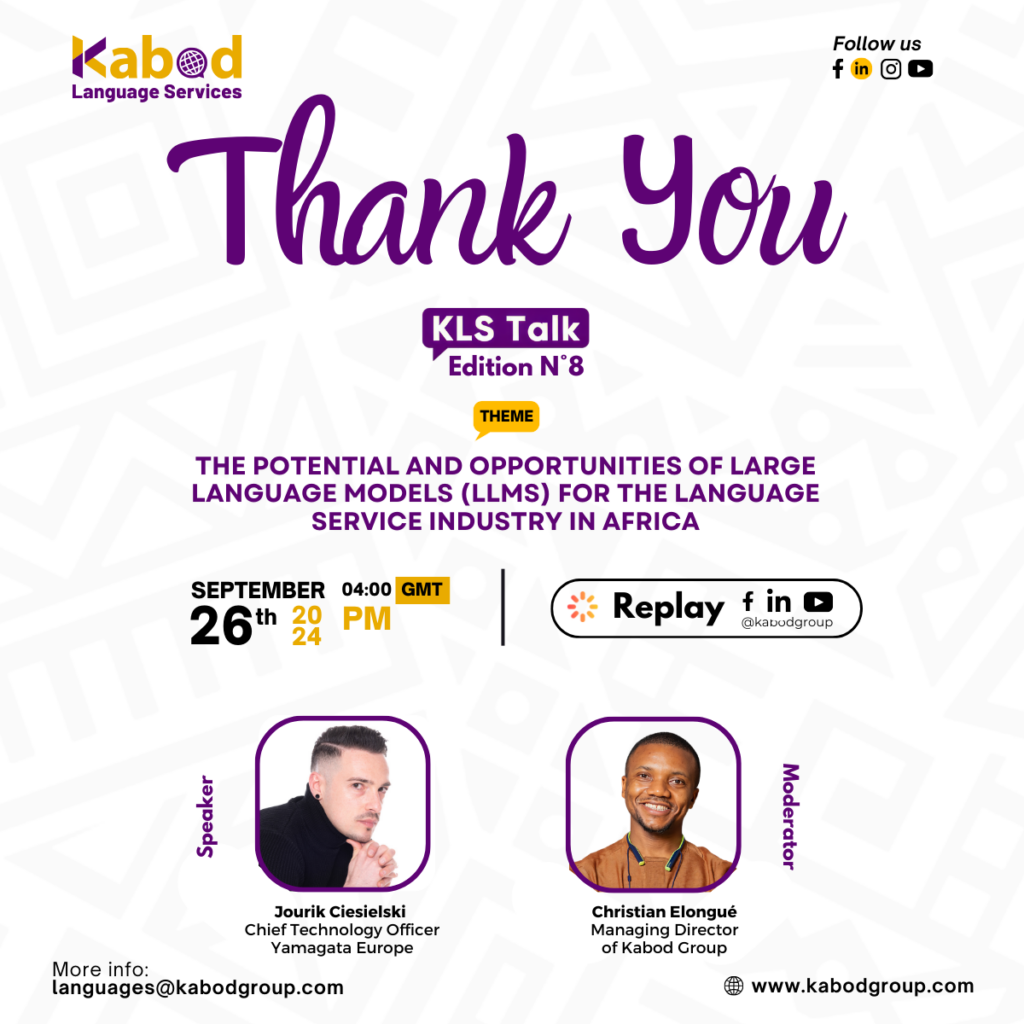
4.
Paradox of Using LLMs to Cut Costs
·
It was discussed that
businesses often aim to deploy large language models (LLMs) solely to reduce
translation costs. Although LLMs can efficiently manage high-volume,
fast-turnaround projects, implementing these solutions necessitates significant
investments in technology and expertise by language service providers (LSPs).
The expectation of lower costs following such investments presents a paradox,
as it undermines the value of the LSPs’ efforts.
5.
Opportunities for African Languages
·
The exciting potential of
large language models (LLMs) for African languages was acknowledged, with the
launch of the first LLM for African languages recognized as a pivotal moment.
The importance of exploring how these technologies can be customized to the
region’s unique linguistic needs has been emphasized. Customization techniques,
such as fine-tuning models with local data and providing specific instructions
to the model, present numerous possibilities.
·
In addition, they can
play a crucial role in identifying and mitigating biased or harmful content in
African languages. These advancements not only promote linguistic visibility
but also help safeguard cultural integrity.
6.
The Role of Human Translators in the Age of AI
·
Addressing the common
concern that AI and LLMs will replace human translators, it was stated that
this fear has persisted since the introduction of translation memory in the
late 1980s. However, each new technology—from neural machine translation to
deep learning models—has not eradicated human translators but rather changed
their role.
·
LLMs will likely shift
the daily operations of translators toward more editing work and post-editing,
rather than starting translations from scratch. Nonetheless, human translation
will remain essential for high-quality, sensitive content like literature,
marketing, and high-traffic websites where accuracy and cultural nuance are
crucial.
For less critical
content, such as low-traffic web pages, where budget and time constraints make
human translation less feasible, LLMs serve as a useful solution. These models
can take on tasks that would otherwise not be translated due to resource limitations,
making them complementary rather than replacements for human translators.
ACTION POINTS

· Explore how LLM customisation can be applied to African languages to enhance localisation efforts.
· Consider leveraging LLMs for tasks beyond translation, such as automated quality assurance and post-editing.
· Reassess cost expectations when adopting AI solutions, focusing on the long-term benefits of improved accuracy and workflow efficiency.
· Embrace AI as a complementary tool, understanding that human translators will remain crucial for culturally and linguistically sensitive projects.
Are you a speaker with innovative topics that can provide valuable insights and spark meaningful discussions within our community? Do you have a unique perspective or expertise you’d like to share? We encourage you to propose your ideas! If you’re interested, please contact us at languages@kabodgroup.com.
Watch the recording here.
Follow and subscribe on our:
LinkedIn || Facebook || Instagram
Podcast of African Languages Technologies and tools (PALATT)
Network of African Language Translators and Teachers (ALATT)
Network of Marketplace of African Translators and Interpreters (MATI)
Send us an email: languages@kabodgroup.com

